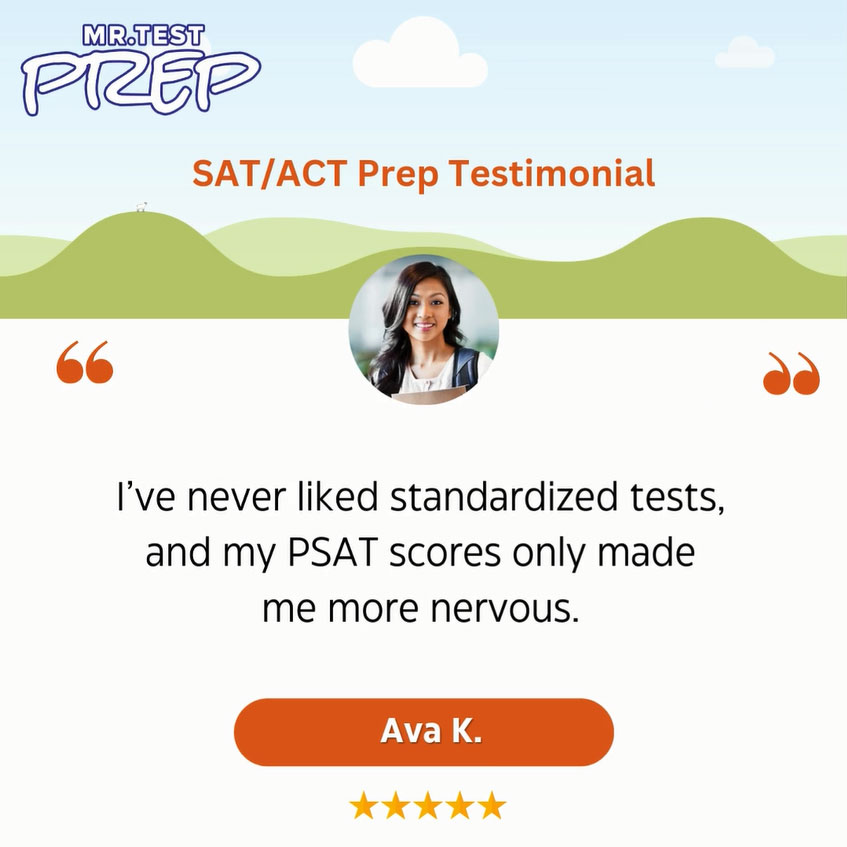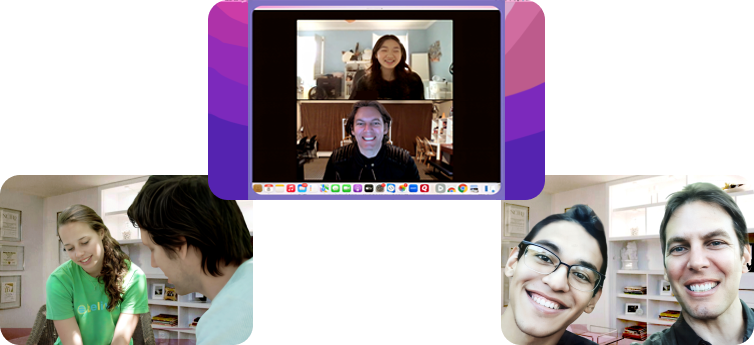
Feeling a bit anxious about the SAT? You’re not alone. This critical moment can stir up stress, but believe it or not, something as simple as breakfast can have a significant impact on your performance. Skipping this morning ritual might seem minor, yet it can lead to decreased concentration and heightened anxiety on the big day. On the flip side, eating a balanced breakfast can be your secret weapon to sustaining energy and achieving focus as you navigate through the exam. Just like a car needs fuel to run smoothly, your brain does too! Let’s uncover how the right breakfast choices can enhance your SAT experience.
Table of Contents
- How Does Breakfast Impact SAT Performance?
- Vital Breakfast Habits for Exam Success
- Best and Worst Foods to Eat Before SATs
- Simple and Quick SAT Morning Meal Ideas
How Does Breakfast Impact SAT Performance?
Starting your SAT day with breakfast can be the difference between just getting through the test and actually hitting your peak performance. Think of it like starting a race with a full tank of gas versus running on empty. When you skip breakfast, your blood sugar levels can dip, leading to fatigue and making it harder to concentrate on those tricky math problems or detailed reading passages. Moreover, skipping breakfast might heighten feelings of stress and anxiety—two things you definitely don’t need more of on such an important day. A nutritious breakfast, however, can help stabilize your mood and maintain your energy levels over the many hours of testing. Foods rich in protein and complex carbohydrates, such as eggs or oatmeal, help improve your memory retention so you can recall all the hard work you’ve put into preparing for this day. In essence, fueling your brain with a healthy breakfast creates optimal conditions for cognitive function, helping you tap into your potential and demonstrate your best possible performance on the SAT—right when it matters the most.
Vital Breakfast Habits for Exam Success
Creating the perfect SAT breakfast routine is all about balance and timing. Begin your morning with a meal that includes a mix of protein, whole grains, and healthy fats. Picture a plate with scrambled eggs, a slice of whole-grain toast, and a side of avocado. This combination fuels your brain, offering a steady supply of energy. Eating at least an hour before the test gives your body ample time to digest and convert food into usable energy. It’s also important to drink a glass of water with your meal, as hydration is crucial for maintaining focus and mental clarity. Avoid sugar-laden cereals and pastries; they might give you an energy spike, but you’ll crash midtest, which is counterproductive. Practicing your breakfast routine in the weeks leading to the test can help you find the foods that best suit your body. As you develop these habits, you anchor yourself in a routine that becomes comforting, reducing pre-test jitters. Remember, a well-chosen breakfast isn’t just about nutrition; it’s about setting a positive tone for the test day and managing your stress levels effectively. With the right start, you’ll be ready to tackle whatever the SAT throws your way.
Best and Worst Foods to Eat Before SATs
When deciding what to eat before your SATs, it’s important to choose wisely. The best foods are those that provide sustained energy and support brain function. Opt for whole grains, which are released slowly into your bloodstream, keeping your energy levels steady. Oats, whole-grain bread, or cereal make great choices. Pair these with protein-rich foods like eggs, nuts, or Greek yogurt. These proteins help in maintaining focus and boosting cognitive performance. Adding fruits such as berries or a banana can also provide critical vitamins and antioxidants.
On the flip side, there are foods you’ll want to steer clear of, as they can sabotage your performance. Avoid sugary foods and drinks, like pastries, sweets, or even overly sweetened cereals. While tempting, they lead to quick energy spikes followed by crashes, leaving you feeling sluggish during the exam. Highly processed foods, such as packaged snacks or fast foods, are also no-go zones as they can disrupt digestion and concentration.
In summary, the right foods can act like super fuel for your brain, enhancing your alertness and recall abilities, while the wrong ones can knock you off balance. Choosing wisely is, therefore, a strategic move toward SAT success.
Simple and Quick SAT Morning Meal Ideas
When your SAT morning arrives, it’s normal to feel rushed and possibly a bit on edge. That’s why having some go-to quick breakfast ideas can save you precious time and stress. A smoothie is an excellent option for those in a hurry. Blend together a banana, a handful of spinach, a scoop of Greek yogurt, and a dash of almond milk. This will provide a balanced mix of carbohydrates, protein, and healthy fats, all easy to digest.
Another quick meal idea is avocado toast topped with a poached or scrambled egg. It’s simple, nutritious, and takes just minutes to prepare. If you’re looking for something sweet, oatmeal with berries and a drizzle of honey can be both comforting and energizing. You can even prepare overnight oats the evening before, which eliminates any morning hustle.
Whether you prefer savory or sweet, the key is simplicity and nutritional balance. These meal ideas are not just about what’s quick but also about what’s effective at fueling your mind and body. Having these easy and nutritious options at your fingertips will help ensure you’re both ready and relaxed as you head out the door for your test.
Conclusion
Fueling your body with a nutritious breakfast on SAT day can significantly impact your performance. By choosing foods rich in protein, whole grains, and healthy fats, you set yourself up for success with sustained energy and sharp mental focus. Avoiding sugars and processed foods prevents unwanted energy crashes and helps maintain your concentration throughout the exam. Establishing a morning routine with quick, balanced meal ideas not only eases stress but also lets you focus on what truly matters—doing your best on the SATs. Remember, your breakfast isn’t just a meal; it’s a strategy for conquering the day. So, as you approach SAT day, keep this in mind: the right breakfast is more than just food—it’s an investment in your performance.
FAQs
Q: What if I don’t feel hungry on the morning of my SATs?
A: It’s common to feel nervous, which can suppress your appetite. Try sipping on a smoothie or nibbling on a banana to get some nutrients without feeling too full.
Q: Can I just drink a cup of coffee instead of eating breakfast?
A: While coffee can boost alertness, it’s best paired with food. Eating breakfast helps maintain energy levels and focus much better than caffeine alone.
Q: Is it okay to eat fast food for breakfast if I’m pressed for time?
A: Fast food is often high in sugars and unhealthy fats, which can lead to energy crashes. Opt for simple, quick preparations like oatmeal or yogurt and fruit to keep your energy steady throughout the exam.
What is Next?
If you’re about to take the SAT, best of luck! Remember, a balanced breakfast is part of your strategy for a successful test day. If you’re still in the preparation phase and seeking additional support, consider signing up for a free two-hour trial session with Mr. Test Prep. This online session via Zoom offers unique benefits like confidence-boosting techniques and mindfulness practices, along with a guarantee of satisfaction. Mr. Test Prep’s students praise his ability to connect and build rapport, all while eliminating extra homework stress. With over 25 years of experience in SAT, ACT, and PSAT tutoring, he focuses on creating a positive and impactful learning environment. Embrace this opportunity to refine your skills and build your confidence for the big day.





